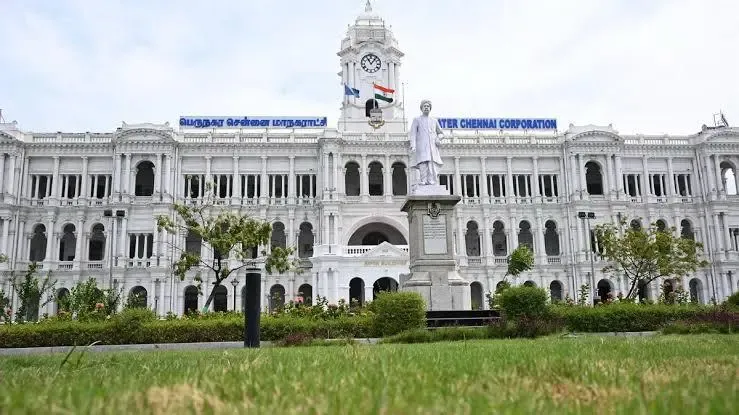Is the Chennai Corporation Slowing Down on the Waste-to-Energy Project?

Synopsis
Key Takeaways
- The GCC is committed to obtaining public consent before moving forward with the WtE project.
- Health and environmental concerns raised by residents are being acknowledged.
- Continuous monitoring of emissions is planned to ensure compliance with safety standards.
- Advanced safety measures will be implemented to protect the local environment.
- The project aims to address Chennai's solid waste crisis effectively.
Chennai, June 8 (NationPress) In light of escalating resistance from local residents, the Greater Chennai Corporation (GCC) has announced that the planned Waste-to-Energy (WtE) initiative at Kodungaiyur will only advance after gaining public approval and achieving the necessary environmental clearances. This assurance comes amid fierce objections from the Federation of North Chennai Welfare Residents Association, which has raised alarms about potential health risks and environmental impacts.
In a communication from the Solid Waste Management (SWM) division, officials confirmed that emissions from the incinerator will be under continuous scrutiny by the Tamil Nadu Pollution Control Board (TNPCB) as well as the Corporation itself.
Importantly, the civic authority noted that more than 40% of the project's budget will be allocated to advanced monitoring systems and safety measures to ensure environmental protection.
Furthermore, the Corporation assured that the residual ash from the incinerator will be managed and disposed of in a sanitary landfill, emphasizing that “residents of Kodungaiyur need not worry about health or hygiene risks.”
Chennai's Mayor, R. Priya, supported this assurance by referencing international examples, stating, “A Waste-to-Energy plant operates right in the heart of Paris, close to the Eiffel Tower, without causing any health or environmental issues. The same technology and safety protocols will be adopted here.”
The civic body also highlighted that ten similar WtE facilities are currently in operation across India, functioning without negative impacts on public health or the environment.
“We will only move forward with the Kodungaiyur project after securing community consent and obtaining the necessary environmental approvals,” reiterated the GCC.
Despite these reassurances, residents and members of the Federation remain skeptical. They dismissed the Mayor's statements and called for the project to be completely scrapped.
In a demonstration of their discontent, hundreds of residents formed a human chain to express their opposition to the facility, warning of possible long-term repercussions.
The WtE facility aims to tackle Chennai’s escalating solid waste crisis, as the existing dump site in Kodungaiyur has become a source of pollution and ecological concern. However, unless the local community's apprehensions are adequately addressed, the project may struggle to gain public acceptance.









